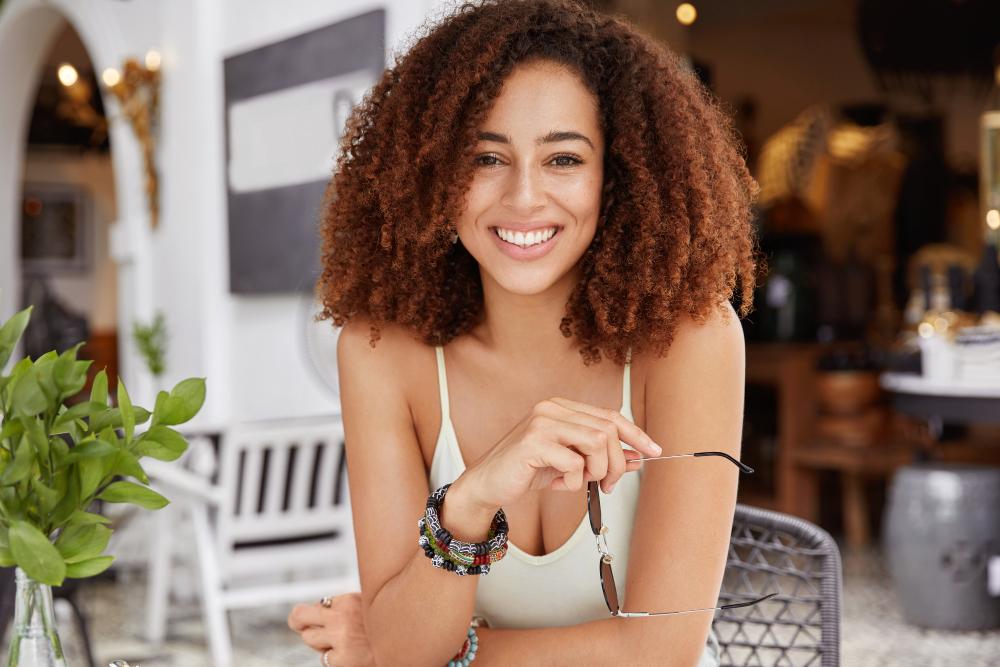
Authored by: Christine Thomasos
When you sprinkle some misogyny on top of negative stereotypes about getting older, you get ignorant ideas about women losing their value after the age of 30. How does it feel to hear a woman’s value depreciates the older she gets? Imagine playing a game called “You Can’t Win For Losing” where the goal is to live a long successful life, but people expect you to stop playing once you hit 30. Any woman over 30 will tell you – no matter how wild the claims are, it doesn’t feel good to hear you’re losing your worth in the eyes of society.
What Makes Women Less Valuable After 30?
Let’s talk value. Here’s how Merriam-Webster defines it:
val·ue
- The monetary worth of something
- a fair return or equivalent in goods, services, or money for something exchanged
- relative worth, utility, or importance
- something intrinsically valuable or desirable
In other words, some people view women over 30 as less desirable, less important, and less worthy than women in their 20s. It’s time to get the obvious out of the way. Women are the most fertile before the age of 30. But while we’re clearing the air, let’s get something else straight. The value of a woman doesn’t start or end with her uterus.
Women continue to prove how invaluable they are in relationships, jobs, and the overall community. Those contributions aren’t limited by a woman’s ability to have kids. Think about all of the aunties, friends, teachers, and women who made you better even though they didn’t give birth to you. When you tell a woman, including yourself, that your worth is only tied to how long you can stay fresh faced and fertile, you’re limiting the potential to change someone’s life. And yet, there’s a reason people place these limiting beliefs on us – it’s called gendered ageism.
Here’s The Problem With Gendered Ageism
We don’t talk enough about ageism. Gendered ageism explains the ignorant stereotypes women have to contend with. All it means is that as women age, they have to deal with prejudices that men don’t. Ironically, statistics show that men die earlier than women. And yet, that’s not what’s trending on social media. Ever hear phrases like “if a woman isn’t married by (insert age) something must be wrong with her,” or “women after 35 are leftovers”? Yup, that’s gendered ageism.
Fueling negative stereotypes about women as they age can lead to depression, insecurities, and self-esteem issues.There are even more dangerous effects of ageism. According to the World Health Organization, ageism is a global challenge.
“Ageism has serious and wide-ranging consequences for people’s health and well-being,” the organization stated. “An estimated 6.3 million cases of depression globally are estimated to be attributable to ageism. It intersects and exacerbates other forms of bias and disadvantage including those related to sex, race and disability leading to a negative impact on people’s health and well-being.”
Whether you’re standing 10 toes down on the wrong side of an internet debate or doing some negative self talk, you gon’ learn today. No matter what those IG Reels, Red Pill YouTubers, or blissfully ignorant people say, women, like wine, get better with time.
It’s True – Women Get Better With Time
Ask any senior about their 30s, 40s, and 50s, and they’ll probably tell you about some of the best times in their lives. You know Angela Bassett, right? The Queen of Wakanda, Tina Turner chanting, Katherine Jackson playing, “Stella Got Her Groove Back” leading actress who burned her ex’s car down as Bernadine in “Waiting To Exhale”? One of our favorite ‘90s actresses has had a consistent career spanning multiple decades, and at 63, her face card has yet to decline.
In an interview with Allure, Angela reminds us we have something to look forward to as we advance through life.
“As we advance,” Bassett told Allure, “60 is the new 40, or 70 is the new 50. It keeps getting pushed. But you have to keep the stress down and the attitude hot.”
Decorated actress Viola Davis got married when she was 37. Pop icon Janet Jackson gave birth at 50. The late “Black Panther” actress Dorothy Steel got her first acting role at 88. When you see beautiful actresses like Regina Hall, Sanaa Lathan, Gabrielle Union, and Nia Long looking just as good (if not better) than they did 30 years ago – there’s more than enough evidence that life gets better after 30. Women shouldn’t have to deal with hearing negative stereotypes about their age, but there’s only so much we can control. What we can do is choose which voices we listen to and tune out the people who don’t recognize how amazing we are at every age.
SOURCES:
- https://www.merriam-webster.com/dictionary/value
- https://www.mibluesperspectives.com/2020/06/29/male-mortality-why-men-die-earlier-than-women/
- https://www.who.int/news/item/18-03-2021-ageism-is-a-global-challenge-un
- https://www.allure.com/story/angela-bassett-end-of-anti-aging-cover-interview
Featured Listings
30+ Events. 75% Off. Endless Vibes.
Chances are, if you’re reading this, you’ve either been to a JoinTheMVEMNT...
Is It Time to Recast The Real Housewives of Potomac? Fans Sound Off
It’s no secret that The Real Housewives of Potomac (RHOP) is in...
Drake’s Back! The Best IG Captions from $OME $EXY $ONGS
Love him or hate him, there’s no denying Drake’s impact on the...
The Pressure to Be Successful by 30 Is a Lie—Here’s Why
Turning 30 has a way of making you feel like life is...


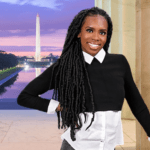
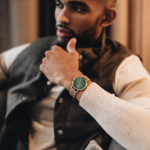



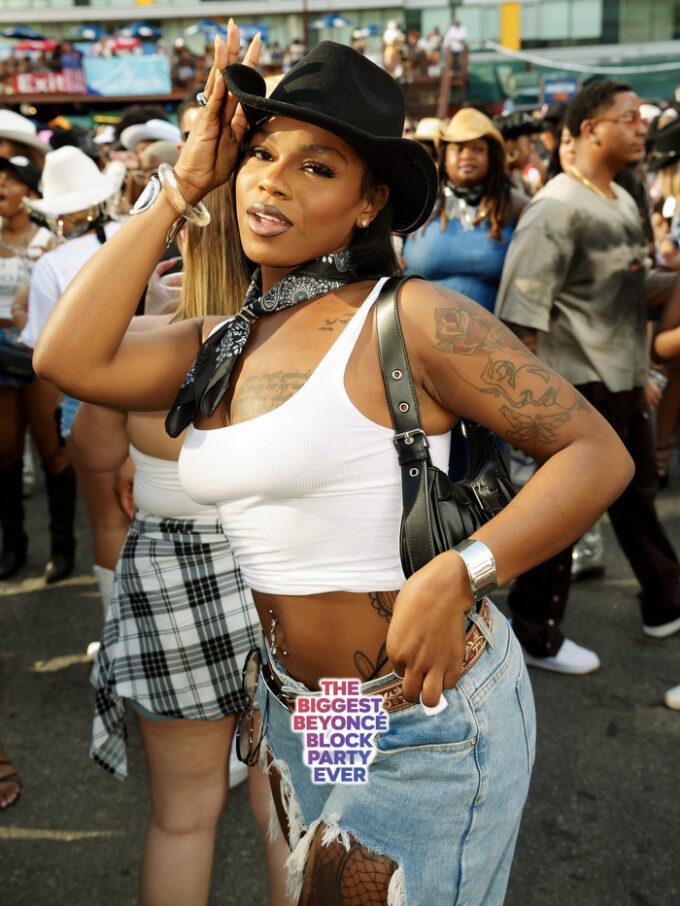
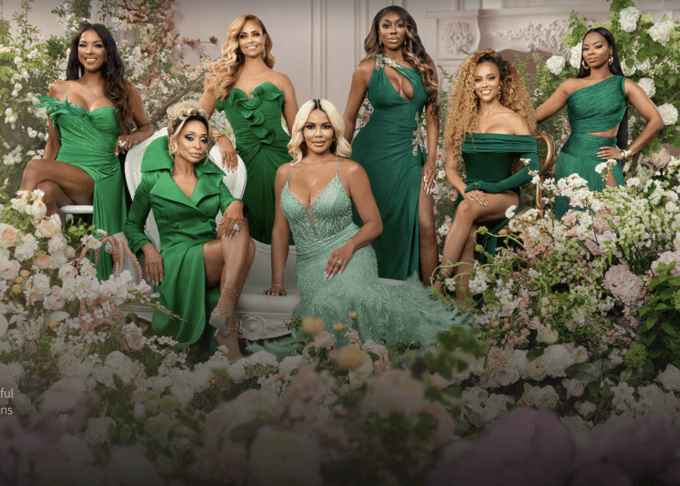

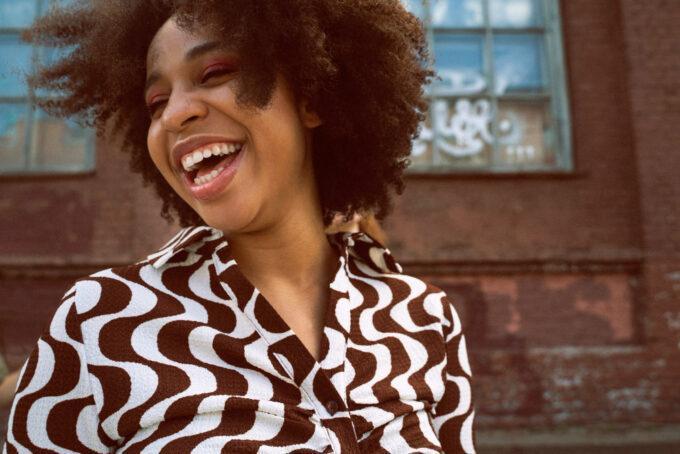



Leave a comment